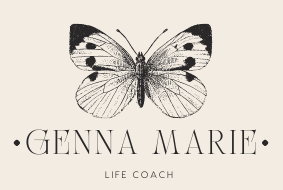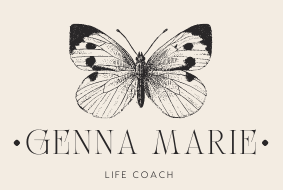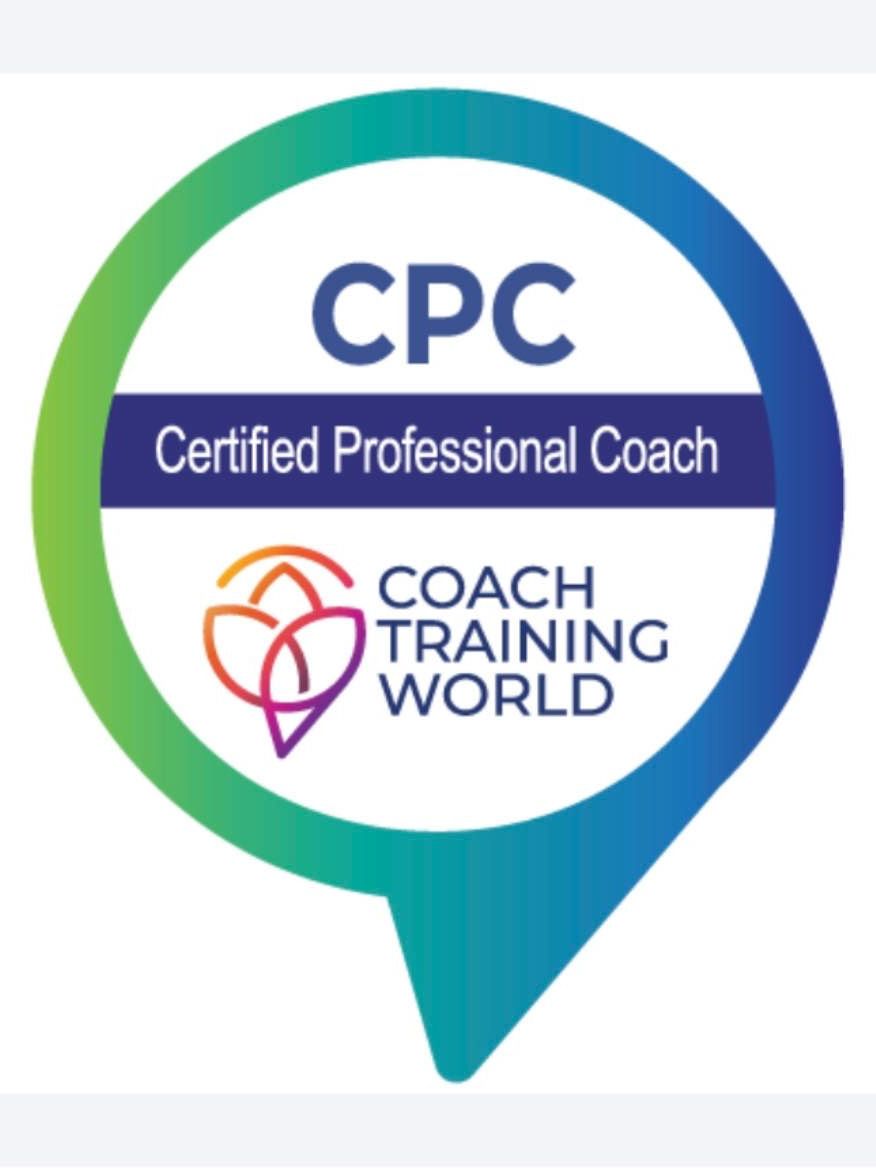Body Image and Sexuality
Body Image and Sexuality: How Self-Perception Shapes Intimacy and Connection
Body image is deeply personal, yet it affects so much more than just how we see ourselves—it influences how we show up in relationships, how we experience intimacy, and even how we allow ourselves to be loved. Whether you’re in a long-term relationship or navigating dating, struggles with body image can create barriers to emotional and physical connection. The way we feel about our bodies often dictates how much we let ourselves be seen, touched, and desired.
The Link Between Body Image and Desire
When you don’t feel good in your body, it’s hard to be fully present in intimacy. Self-conscious thoughts—Do I look okay? Will they notice this flaw? Am I attractive enough?—can pull you out of the moment, making it difficult to connect with a partner or even pursue a relationship in the first place.
Negative body image can cause
people to:
• Avoid certain intimate experiences or positions.
• Hesitate to undress in front of a partner.
• Feel disconnected from their own pleasure.
• Seek constant validation yet struggle to believe it.
• Withdraw emotionally and physically from their partner.
On the other hand, when someone feels comfortable in their body, they are often more confident, open, and willing to engage in intimacy without fear of judgment. But getting to that place isn’t always easy, especially in a culture that constantly tells us we need to look a certain way to be desirable.
How Body Image Affects Relationships
In relationships, body image struggles don’t just affect the individual—they impact both partners. When someone is uncomfortable in their own skin, it can create distance. They may turn down intimacy, resist compliments, or seem emotionally unavailable, leaving their partner feeling confused or rejected.
For those who are dating, body image struggles can lead to self-sabotage. Fear of being seen, touched, or judged can keep people from putting themselves out there, even if they crave connection. They might assume potential partners will only be interested in a certain type of body or worry that they won’t be enough as they are.
Reclaiming Confidence in Your Body and Intimacy
The good news? Your body does not have to change for you to have fulfilling intimacy and deep relationships. What needs to shift is how you relate to your body. Here’s how to start:
1. Challenge Negative Self-Talk
Pay attention to the way you speak to yourself about your body. Would you talk to a friend that way? Probably not. Start replacing critical thoughts with ones that are at least neutral, if not kind. Instead of “I hate my stomach,” try “This is my body, and it carries me through life.”
2. Reconnect with Your Body Through Sensory Experiences
Intimacy isn’t just about sex—it’s about feeling connected to your body. Try engaging in activities that make you feel good in your skin, whether that’s yoga, dancing, taking a bath, or wearing clothes that make you feel comfortable and confident.
3. Communicate Openly with Your Partner (or Future Partners)
If you’re in a relationship, talk about how you’re feeling. Let your partner know if certain things make you uncomfortable, but also try to be open to their reassurances. If you’re dating, remind yourself that attraction is about more than just appearance—confidence, energy, and connection play a huge role.
4. Remember That Attraction Is Subjective
The idea that only one body type is desirable is a lie. People are attracted to confidence, energy, and the way you make them feel—not just how you look. The more you believe you are worthy of desire, the more others will too.
5. Seek Connection Beyond Physical Appearance
Whether in a long-term relationship or dating, prioritize emotional intimacy alongside physical connection. When you build relationships based on trust, communication, and mutual appreciation, body image concerns hold less power.
Final Thoughts
Your worth is not tied to your appearance. Intimacy, love, and connection are not reserved for a specific body type. The way you feel about your body will influence your relationships, but it doesn’t have to define them. Whether you’re working on embracing yourself in a relationship or feeling confident enough to start dating, the key is self-compassion.
You are already enough. You are already worthy. And you deserve to experience love and intimacy in a way that makes you feel seen, valued, and cherished—just as you are.













